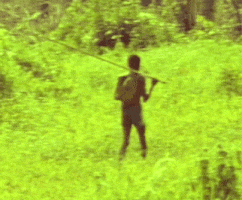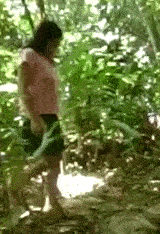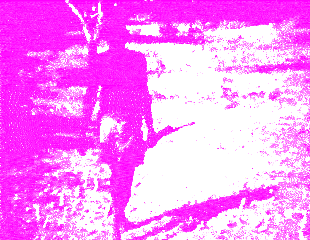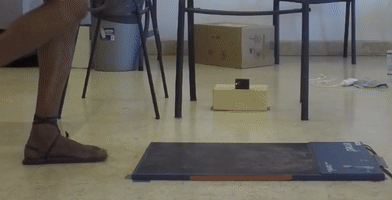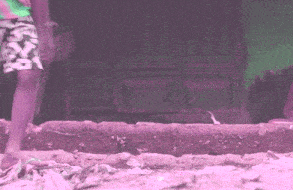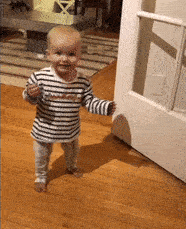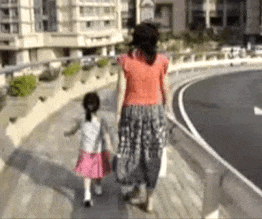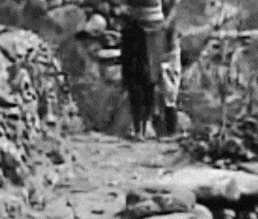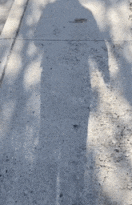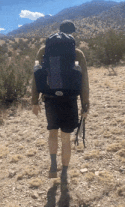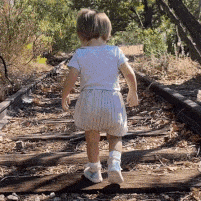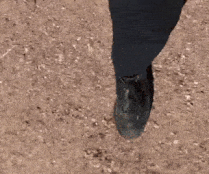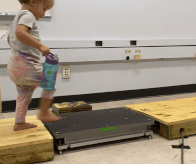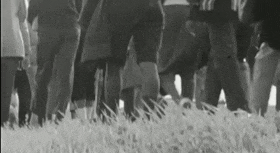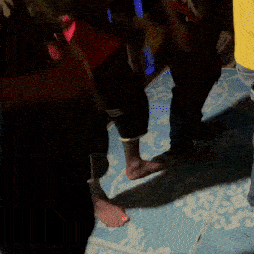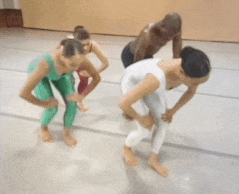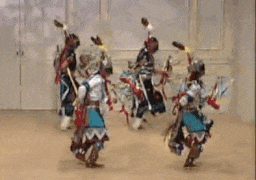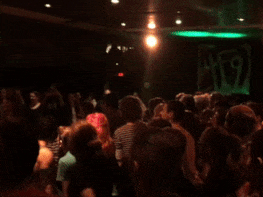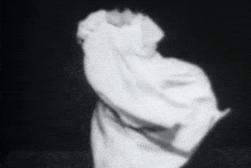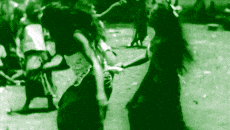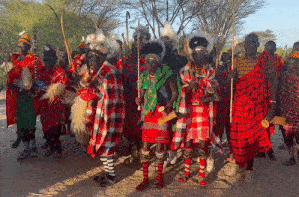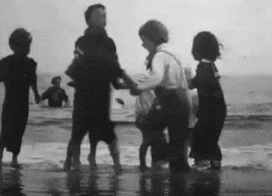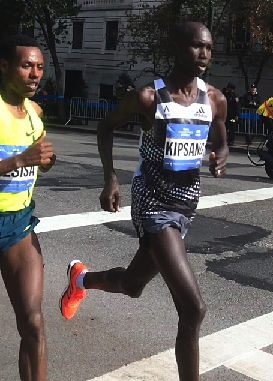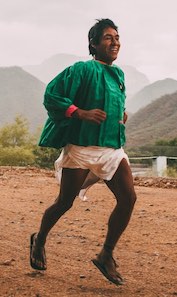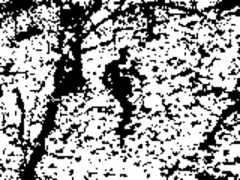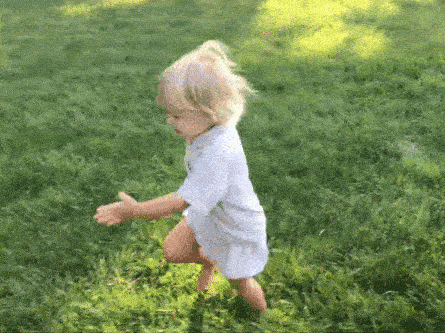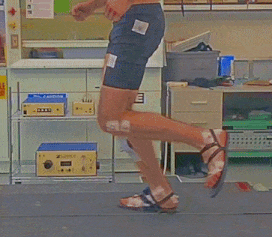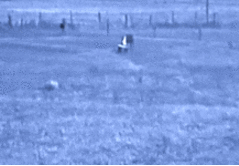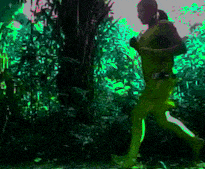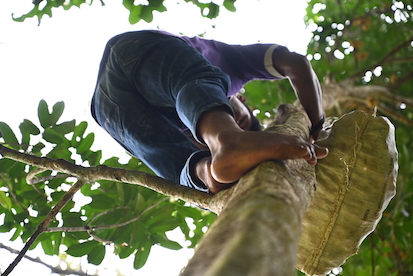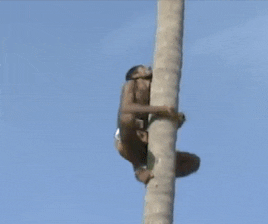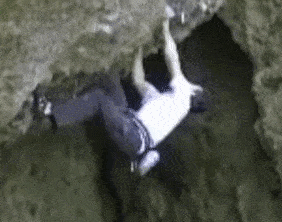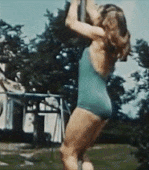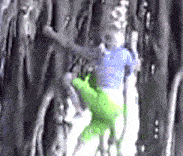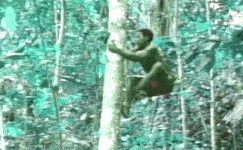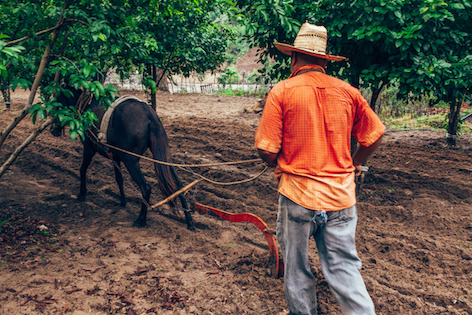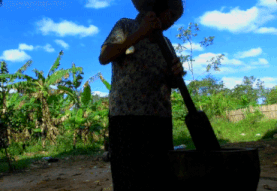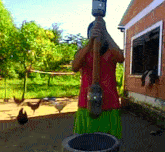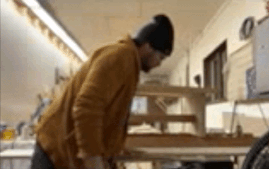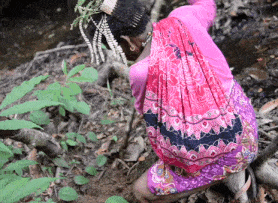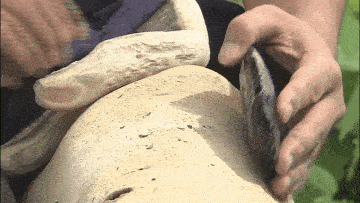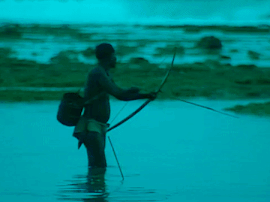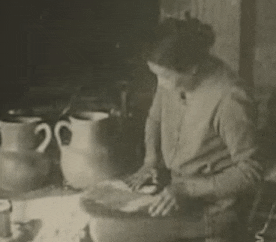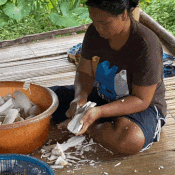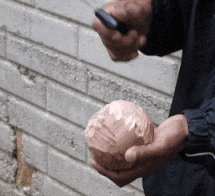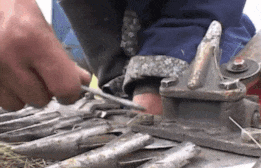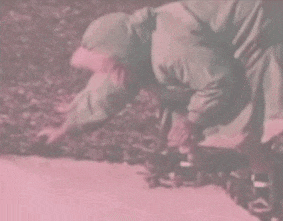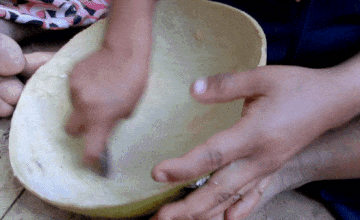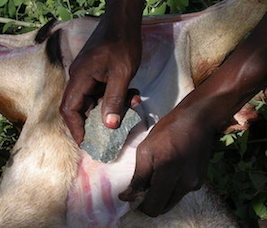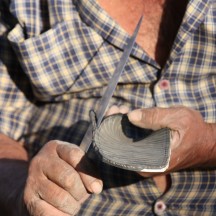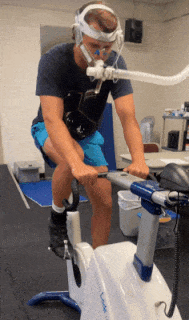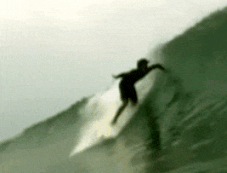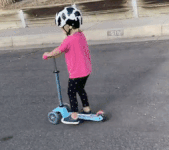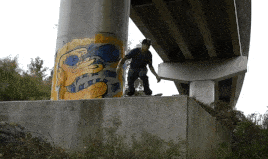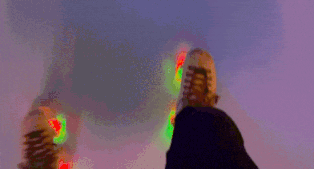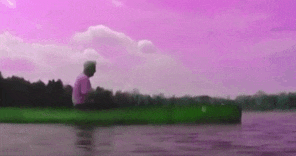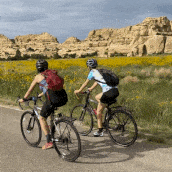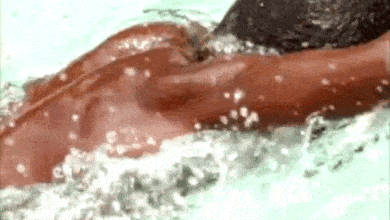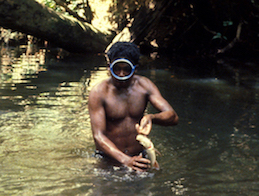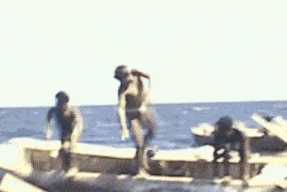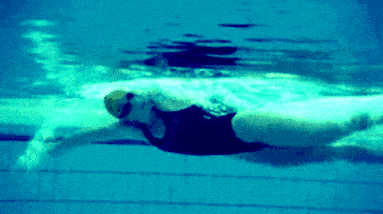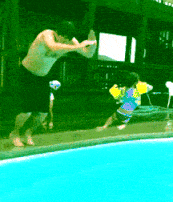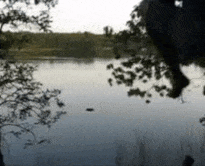PAÍS Bldg., Rm. 2316
Univ. of New Mexico
Albuquerque, NM 87131

PAÍS Bldg., Rm. 2316
Univ. of New Mexico
Albuquerque, NM 87131



Hello. I'm an evolutionary anthropologist and Assistant Professor in the Department of Anthropology at the University of New Mexico.
My research tackles two big questions: How did humans evolve to use their bodies to move? And what are the costs and benefits of modern physical activity patterns for human health? To address these questions, I explore how the way people use their bodies has changed over time. I'm especially interested in the transitions from non-industrial to industrial and then post-industrial societies. I study contemporary people in both the field and lab, focusing on measures of locomotor biomechanics and their ties to the health and function of the musculoskeletal system, the only part of the human body that readily fossilizes. I also study the fossil and archeological records. Given the nature of my research questions, the work that I do is integrative and interdisciplinary, and I value collaborations with clinicians, ecologists, engineers, ethnologists, and many others.
Recently, my fieldwork has focused on the Indigenous peoples of Peninsular Malaysia, known collectively as the Orang Asli. Traditionally, the Orang Asli live in remote rainforest camps and villages and subsist on some combination of hunting, fishing, wild food collection, and swidden horticulture. Today, however, few Orang Asli remain isolated from outside economic and cultural influences due to rapid expansion of industries, the market economy, and urban areas across Malaysia over the last half-century. As a result, Orang Asli lifestyles are changing, including patterns of physical activity. My research aims to better understand how and why lifestyle changes are occurring among the Orang Asli and how such changes are affecting their health and risk of disease.
What drives my research, what energizes me, is a profound wonder for humanity: the saga of our evolutionary history and the lessons it holds, the exquisite diversity of people and cultures, the undeniable similarity of us all, the joy and pain of being a person. But in pursuing my work I've discovered another strong motivating force: I want my research to help people. As a result, I'm particularly drawn to topics that lie at the interface between evolutionary anthropology and medicine, especially those related to degenerative diseases that appear to stem from deleterious interactions between our evolutionary heritage and modern environments. Thus, while I approach anthropology with curiosity and awe similar to a natural historian, I'm also compelled by the potential practical value of my research to modern human life. Some images / videos courtesy of Eric T. Carlson and Aaron Anderson with Tu Dance for Bon Iver, Drew Christopherson, Kirk Endicott, Tim Fitch, Nick Gulig, Mike Gurven, Tom Kraft, Kenji Nagai, David Ramos, Simon Wallace, and Vivek Venkataraman. Some other videos are from the Library of Congress, Videvo, and Internet Archive.


